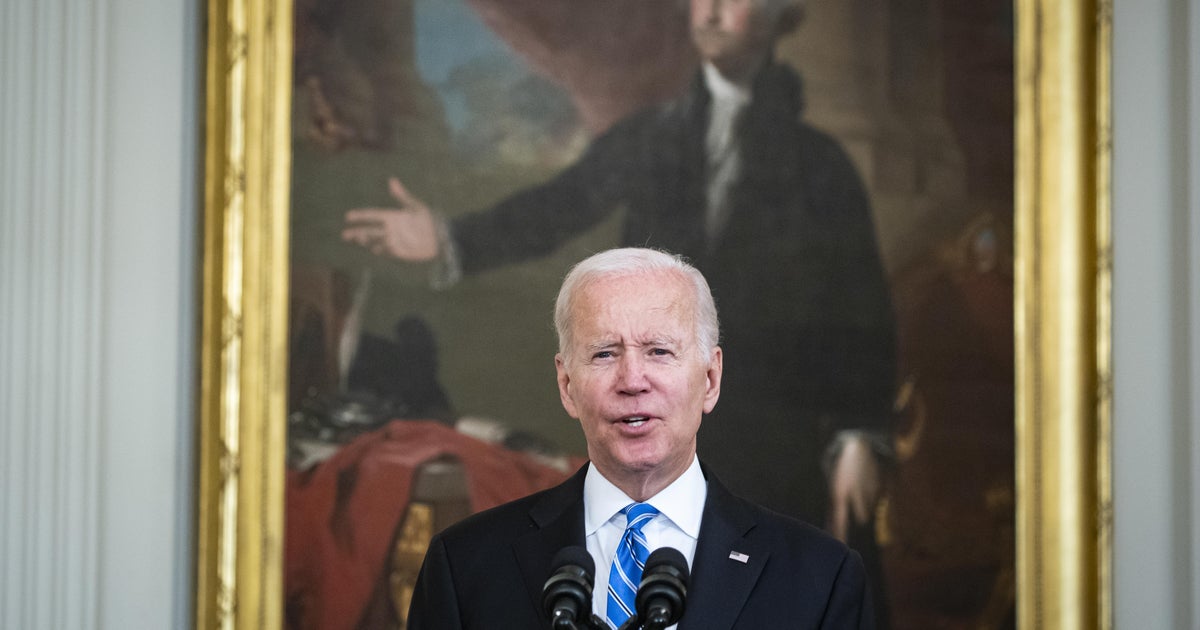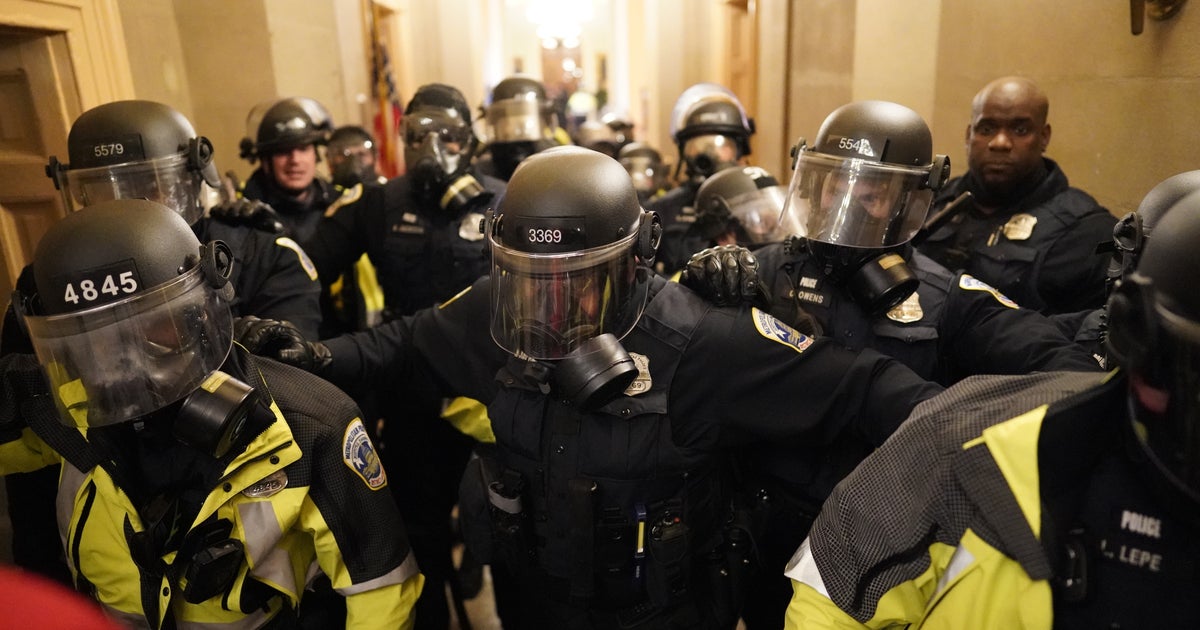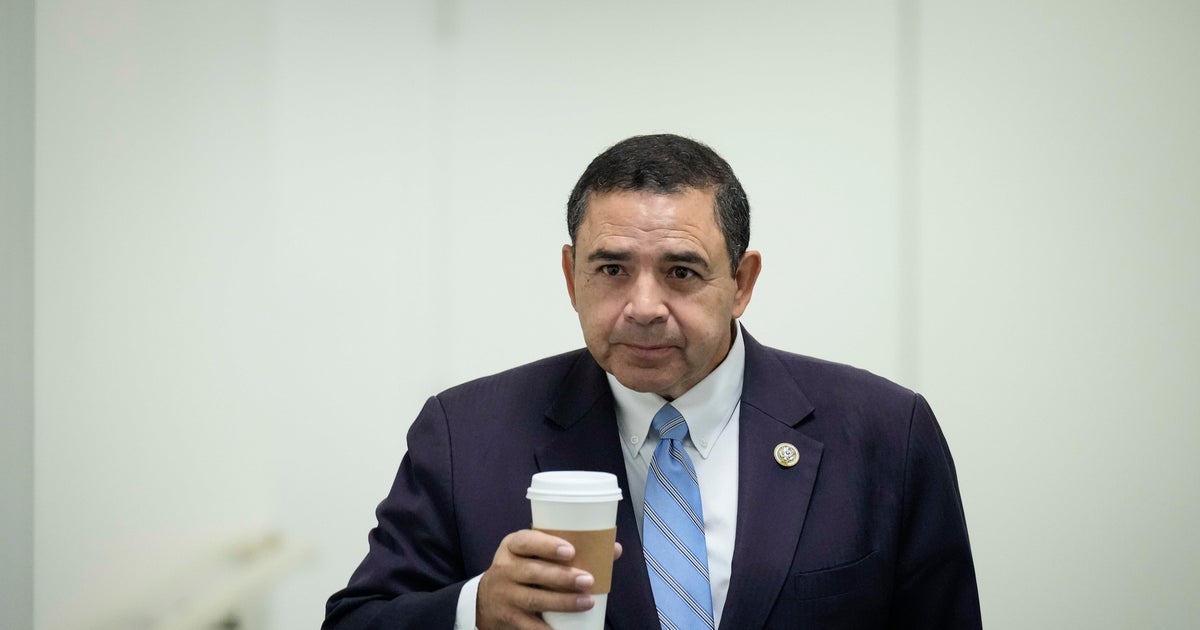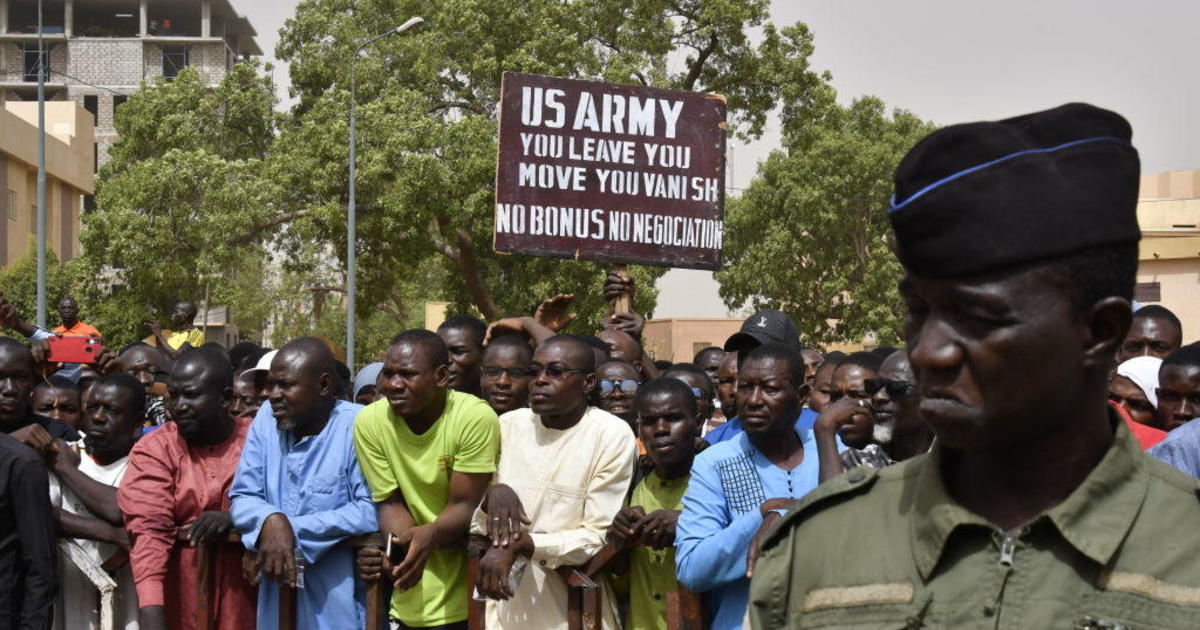White House withholds docs on clearances as ex-security chief testifies
A former White House official who oversaw the security clearance process failed to answer a number of questions posed by the House Oversight and Reform Committee on Wednesday, according to a Democratic member of the committee. The claim of stonewalling comes after the White House denied the committee's request for documents in its investigation of the security clearance process following a whistleblower's complaints.
Carl Kline, the former director of the White House Presidential Personnel Office, testified behind closed doors while most of Washington's attention was focused on Attorney General William Barr's testimony before the Senate Judiciary Committee.
Rep. Raja Krishnamoorthi, a Democrat from Illinois, said Kline declined to answer specific questions at the direction of the White House. The Democratic congressman said he was not satisfied with Kline's responses.
"I am not happy, since the White House is basically instructing the witness not to answer questions that are very pertinent to our inquiries ... We need to know about specific cases, specific individuals, and there seems to be some kind of blanket assertion that is not lodged in executive privilege or any kind of a recognizable basis for not answering questions," Krishnamoorthi said. "And so today's a voluntary interview, but I suspect we're going to be disputing this after today."
Kline was subpoenaed by the committee as it investigates the White House's handling of the security clearance process. Current White House employee and whistleblower Tricia Newbold expressed concern that the White House approved security clearances for officials even though the personnel office had recommended rejecting them. Newbold maintains she was retaliated against because she spoke out.
Newbold had told the committee last month that, in 2018, she began keeping a list of the White House employees and officials whose rejections were overturned. Over the course of the year, she said, her list grew to 25 people, including "two current senior White House officials."
According to Newbold, the White House officials issued security clearances over her objections "had a wide range of serious disqualifying issues involving foreign influence, conflicts of interest, concerning personal conduct, financial problems, drug use, and criminal conduct."
Kline, according to a source familiar with his testimony, was deeply disappointed when he learned about the Newbold leaks, and he thinks they are incorrect representations.
There were five files the FBI flagged to Kline, he told the committee Wednesday. The source said that the five were already on board, though, by the time the FBI had brought the derogatory information to his attention. He said that the FBI's flagging of the information "was a good thing" and it was "a concern." However, "It's not enough information to withdraw eligibility or suitability," Kline said, according to the source. "You have to let the investigation run its course, run the final product for an informed decision."
Determining the eligibility and suitability of individuals for White House security clearances ultimately fell to Kline, and he had the ability to overrule Newbold and her colleagues, which ran counter to their usual protocols.
Krishnamoorthi told reporters Kline will have to answer questions "one way or another."
"There's no valid legitimate basis for not answering these questions, and they're not even able to articulate one," he continued, referring to the White House. "They just throw out words that have no connection to the subject matter at hand ... But at the end of the day our subpoenas will have to be vindicated."
Earlier in the day, White House counsel Pat Cipollone wrote to chairman Elijah Cummings declining the committee's request for a number of documents related to the issuance of security clearances. Cummings had threatened to hold Kline in contempt of Congress when Kline skipped a previously scheduled hearing.
The source said that Kline said he was never instructed by anyone in the White House to change a security clearance determination — and all of the decisions were made by career security professionals. He maintained that no one in the White House or the Oval Office had ever asked him to do his job any differently, and Kline feels that no one ever tried to influence him.
Democrats in Congress have been raising concerns about the White House's security clearances for months, particularly in light of allegations last year that then-White House aide Rob Porter abused his ex-wives. Porter left the White House, but the incident put the system under a new level of scrutiny.
Arden Farhi and Kimberly Brown contributed to this report.



